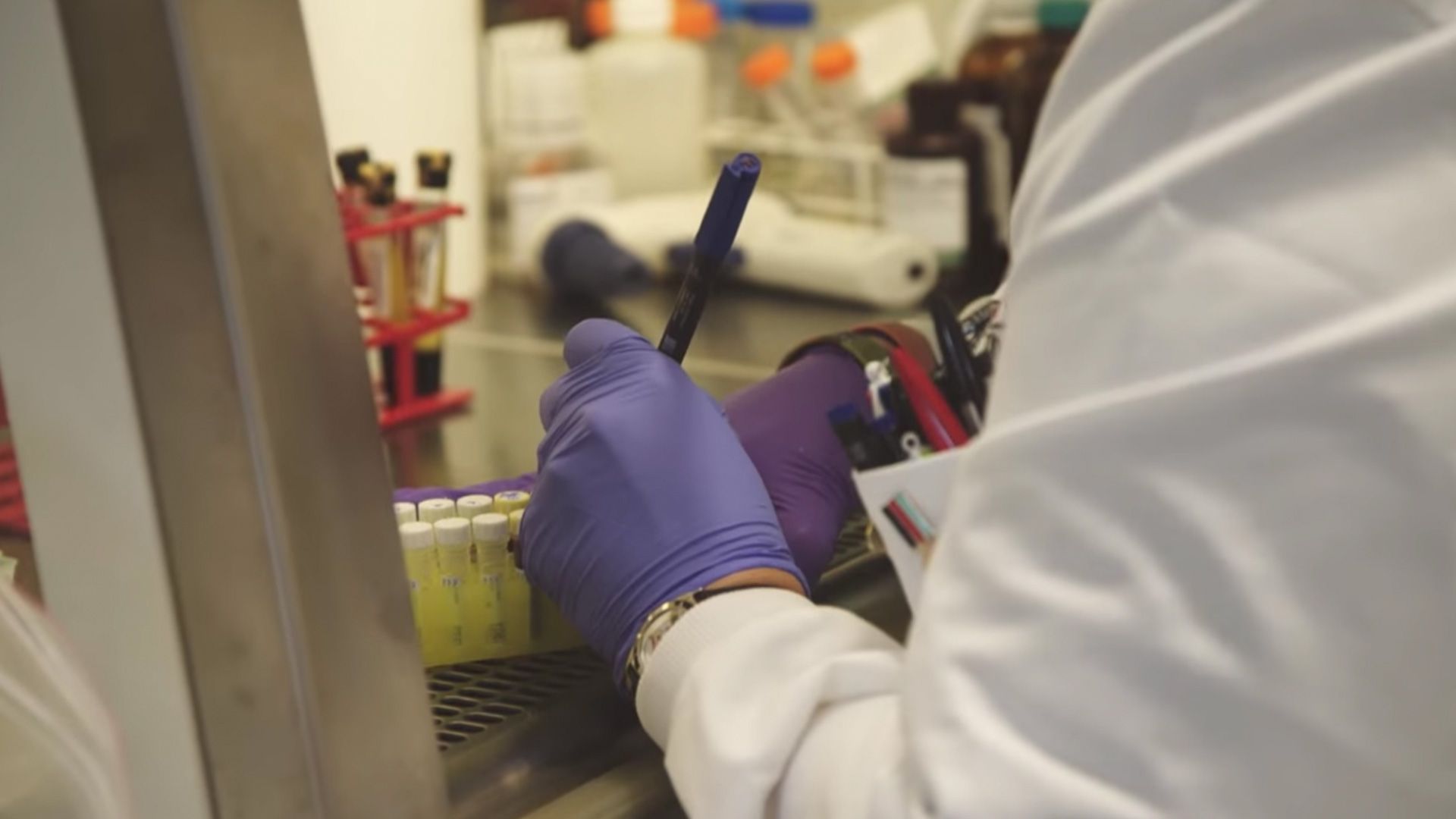

Movember-funded study looks at why Black men are at high risk of prostate cancer
Movember-funded researchers are aiming to solve the mystery of why Black men develop prostate cancer at twice the rate of other men.
The UK-based PROFILE study will look at the genes of men of African and Caribbean descent to see if they can learn to predict prostate cancer risk and find better ways of diagnosing and treating the disease.
“It is vitally important that we understand what it is that makes prostate cancer more common in men of African and Caribbean descent," said study leader Professor Ros Eeles.
“We know the secret may lie in changes in the DNA passed on through generations and inherited by the men from their parents. But the only way to understand fully the role played by genetics is to do a study like this one, with enough participants to be able to see the bigger picture."
The study - which has resumed after being forced to halt recruitment due to the COVID-19 pandemic - is funded through the Movember Centre of Excellence, in partnership with Prostate Cancer UK.
It is currently open to men aged 40-69, who are of African or Caribbean descent and haven’t previously had prostate cancer, and will continue to recruit men until 1st June 2021.
" It is vitally important that we understand what it is that makes prostate cancer more common in men of African and Caribbean descent "
To help them understand Black men’s risk, the researchers at The Institute of Cancer Research in London and The Royal Marsden NHS Foundation Trust will run a series of tests to look for clues in their DNA. The men will then be monitored over the next five years for signs of developing prostate cancer, using blood tests, scans, and biopsies.
The researchers hope this will identify why certain men are more likely to get prostate cancer. It is hoped the findings could lead to new approaches to help prevent or delay the disease – or point to treatments that may work better for this group of men.
“Although we know that men of African and Caribbean descent are more likely to get prostate cancer (as well as get aggressive forms of the disease), we have yet to fully uncover the reasons why," said Sarah Hsaio, Director of Biomedical Research and Impact at Movember.
“We hope that this study by Professor Ros Eeles and her team at the Institute of Cancer Research will address this very important question by looking for changes in the DNA these men inherit through generations.
“The research will benefit men around the world – where significant prostate cancer can be identified earlier through appropriate screening strategy and treated to stop disease progression.”